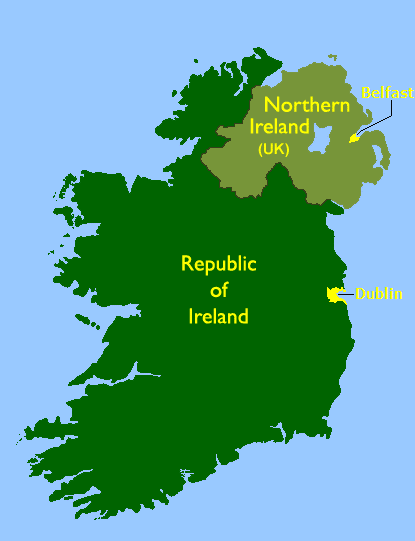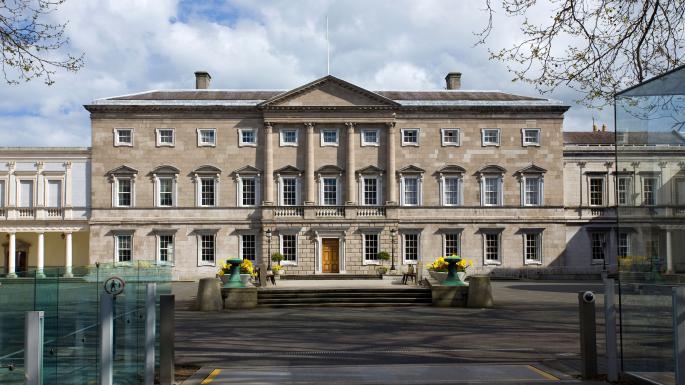by Enoch Akinlade
In recent years the Republic of Ireland has been the centre stage of controversial referendums such as the divorce referendum in 1995, the same sex marriage referendum in May 2015 and this year (in May) we saw the abortion referendum. These referendums have given way to the amendment of the Irish constitution which has enabled the legislation of divorce, legislation of same sex marriage and the legislation of abortion. These referendums also underline the split between the Catholic Church and large numbers of the Irish Public, as homosexuality, divorce and abortion are taboos within the Catholic Church. Although the Pope visited Ireland in August, many Irish people seem to have little or no regard for the Catholic Church. This could be due to recent allegations of sexual allegations which have surfaced in the media over the past few years. Several priests have been accused of misusing their power by sexually assaulting members of their congregation. We’re reminded of a scandal which occurred at Madagelene laundries, which was a Catholic order in Cork in the 20th Century.

As Ireland continues to tear the walls of religious authority and principles, the nation has decided to have another referendum today, October 26th on whether blasphemy should be a punishable offence alongside the Presidential vote which takes place on the same day.
Blasphemy is the action or offence of speaking sacrilegiously about God or sacred things. Article 40.6.1 of the Irish constitution currently states that publishing or uttering anything blasphemous is a punishable offence under Irish law. Although the constitution does not have a definition for blasphemy, the Defamation Act 2009 does contain a legal definition of blasphemy. Under this law, there is no prison sentence for breaking this law, however the Government can impose a fine of up to €25,000 if found guilty of breaking this law. Academics critics such as, Dublin City University Professor Colum Kenny, argue that the blasphemy referendum might open doors for hate speech in Ireland. Professor Kenny also contends that the Government should been more focused on more serious issues such as voting issues Irish migrants encounter abroad and the issues surrounding Brexit which might affect Ireland.

IF a Yes vote passes, then blasphemy will no longer be regarded as a criminal offence, hence the publishing and utterance of blasphemous notions would no longer be viewed as unlawful. It would give the Oireachtas, the Irish parliament authority, to amend the law by removing blasphemy as a criminal offence. If a No vote passes, the constitution will remain unchanged. Therefore, meaning that the publishing or saying something blasphemous would continue to be a criminal offence in the Republic of Ireland. The referendum will be on October 26th with voting open from 7am to 10pm in the Republic of Ireland.
Is keeping blasphemy an offence infringing on freedom of speech? Or will legalising it open up the doors to more hate speech?
Enoch Akinlade is a writer who has a profound interest in British, American and Canadian politics, and other topics such as health, social inequalities, crime and sport. Furthermore, he is also deeply interested in topics such as the criminal justice system in the United States, Britain, Australia and Canada. He is also highly interested in the Prison industrial complex in America.


